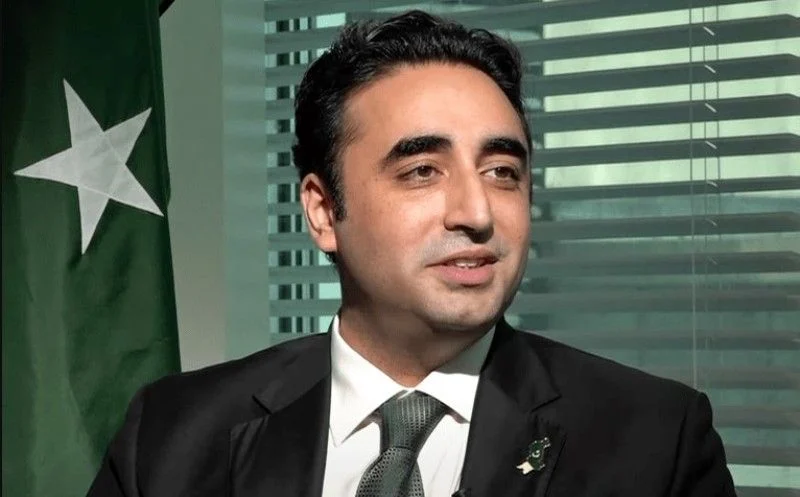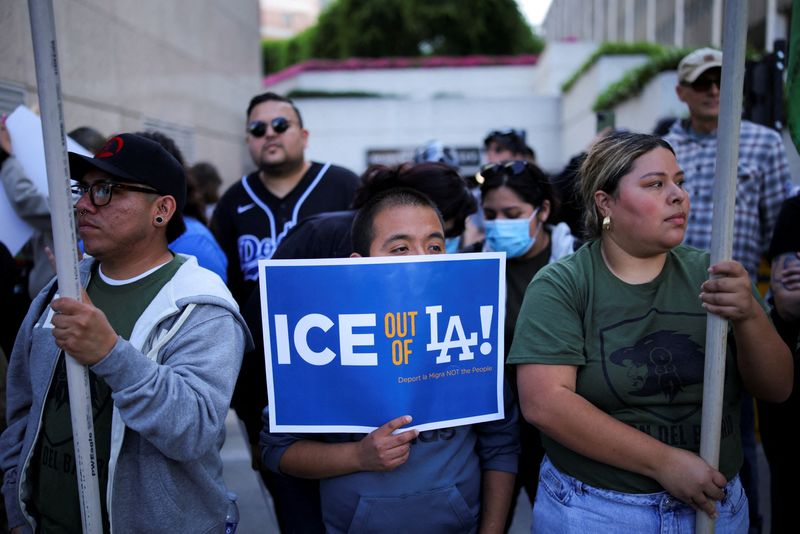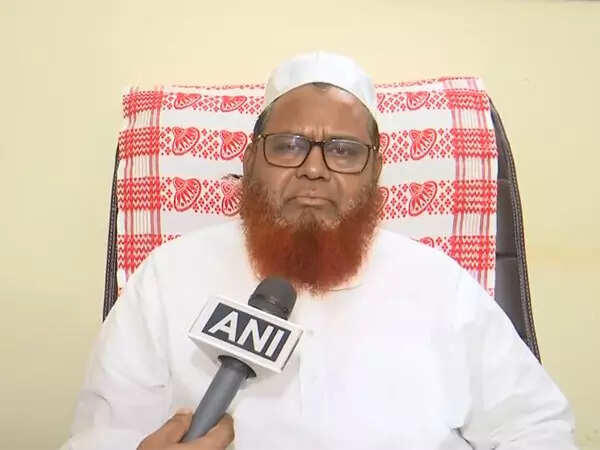Bhutto’s UN Misfire Backfires in Real Time
At the United Nations headquarters in New York, what was supposed to be a high-profile press engagement for former Pakistani Foreign Minister Bilawal Bhutto Zardari turned into a moment of diplomatic embarrassment. In a sharp critique aimed at India, Bhutto accused the Indian government of “demonising Muslims” in the wake of the Pahalgam terror attack and its subsequent military retaliation, Operation Sindoor.
But his argument unraveled when a foreign journalist—reportedly from Bangladesh—stepped in with a real-time rebuttal. The journalist reminded Bhutto, and the global press corps, that one of the primary military spokespersons for India during Operation Sindoor was a Muslim woman officer, Colonel Sofiya Qureshi. With that single point of fact, Bhutto’s rhetoric lost steam, and he conceded quietly with the words: “Absolutely right.”
Bilawal Bhutto’s Anti-India Propaganda on “Muslims being demonised” in India after Pahalgam Terror attack in Kashmir destroyed at the @UN Press Briefing by a Foreign Muslim Journalist who says he saw India’s #OperationSindoor Briefing being led by a Muslim Officer. Bilawal nods. pic.twitter.com/n2TkIoHmap
— Aditya Raj Kaul (@AdityaRajKaul) June 3, 2025
Colonel Sofiya Qureshi: A Direct Refutation to Bhutto’s Claim
Operation Sindoor, India’s 100-hour cross-border military campaign targeting terror camps in Pakistan and Pakistan-occupied Kashmir, became a highly publicised response following the April 22 Pahalgam terror attack. In its aftermath, India’s press briefings were led by a trio that included:
- Colonel Sofiya Qureshi, a senior Muslim officer from the Corps of Signals,
- Wing Commander Vyomika Singh, IAF, and
- Foreign Secretary Vikram Misri.
Colonel Qureshi’s presence was not symbolic—it was operational and authoritative. She is no stranger to trailblazing firsts: the first woman to lead an Indian Army contingent at a multinational military exercise, and now, a visible face of India’s military resolve on the global stage.
This powerful image of Muslim representation and leadership within India’s armed forces not only dismantled Bhutto’s narrative in real-time but also strengthened India’s case against Pakistan’s consistent attempts to internationalise internal Indian matters using religious identity as a weapon.
A Moment of Clarity and a Blow to Disinformation
The journalist’s comment, delivered with calm clarity, went viral within hours. On Indian social media, Bhutto was mocked for his “fact-free diplomacy”. International observers praised the journalist’s fact-based intervention as a rare instance of accountability in UN press rooms.
More significantly, this moment has become part of a broader pushback against Pakistan’s narrative-building strategy, which has often focused on projecting India as anti-Muslim on the international stage. The evidence, however, continues to point otherwise—especially in the armed forces, where Indian Muslims serve in critical leadership roles.
The Indian government has not officially commented on the UN exchange, but several Indian media outlets have highlighted the diplomatic embarrassment for Bhutto and Pakistan. Television debates and editorial panels have celebrated the moment as a factual takedown of decades-old rhetoric that seeks to divide Indian society along communal lines. What unfolded at the UN wasn’t just a journalist correcting a politician—it was a moment of narrative disruption. Bilawal Bhutto Zardari’s attempt to push the story of Muslim victimisation in India crumbled under the weight of factual clarity, embodied by Colonel Sofiya Qureshi’s high-profile role in Operation Sindoor.





















